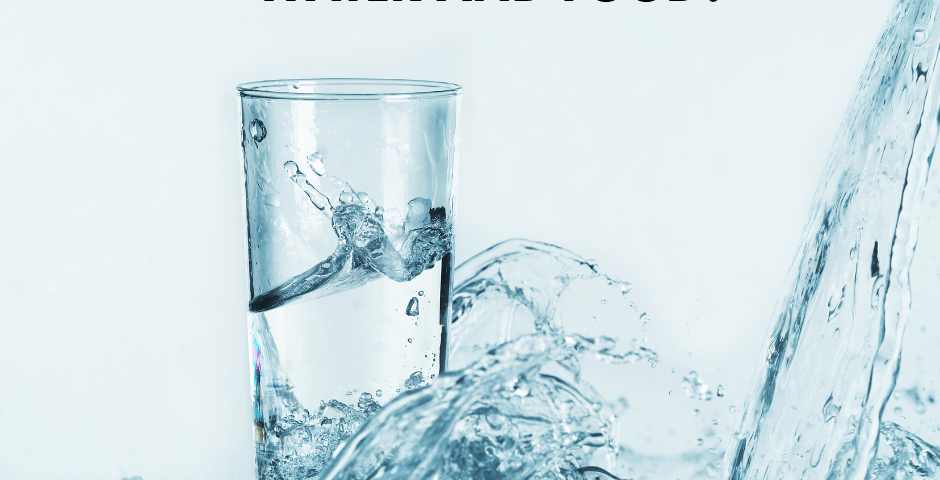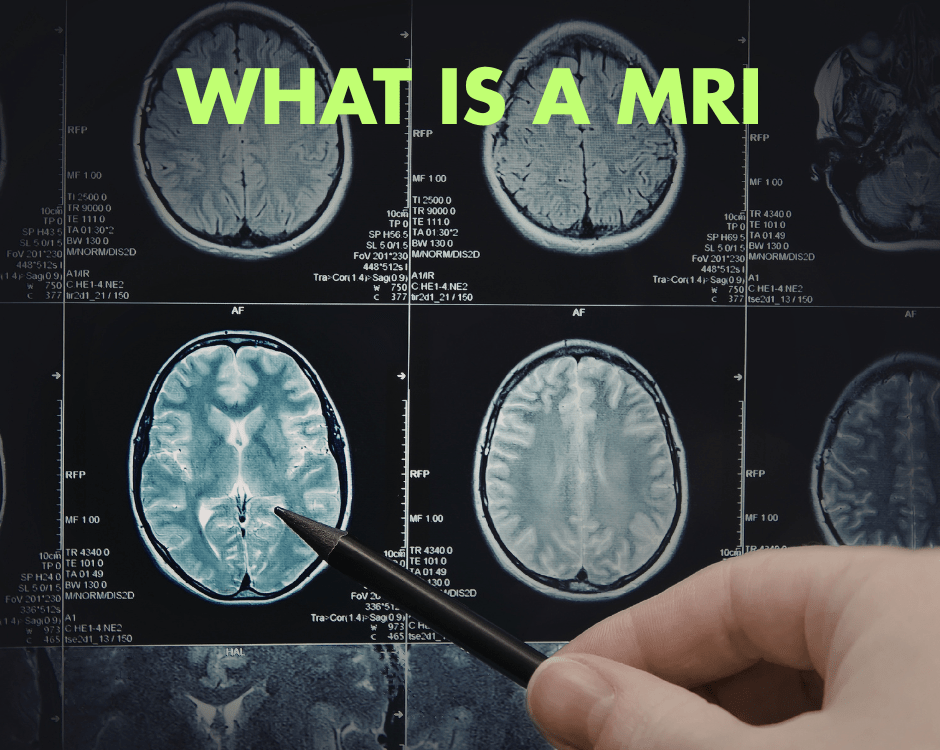What Happens Without Water And Food?

Vasovagal Countermeasures- Fainting
July 15, 2024
Heatstroke in Dogs- What are the Symptoms?
July 24, 2024- Accident doctor
- accupuncture
- airplane headache
- alzheimer's
- best habits
- Brain Injuries
- car accident
- car accidents
- cervical strain
- colds
- concussion
- Concussions
- disc bulge
- dosage meds
- dry needling
- dull pain
- E bike injuries
- florida
- good posture
- headaches
- Headrest positions
- Headrest positions after an accident
- Healthy choices
- Healthy flying
- healthy gift guide
- Healthy SPring Ideas
- hip pain
- hyperextension
- injury doctor
- insurance
- Kayaking
- kentucky
- kids motion sickness
- lifestyle
- motion sickness
- neck injury
- no fault insurance doctor
- noise healing
- osteoporosis
- pain symptoms
- pink noise
- posterior chain
- posture
- prevent osteoporosis
- Rest
- Scoliosis
- shoulder pain
- Stress with kids after a motor vehicle accident
- TBI
- tips
- tmj
- torn muscle
- Traumatic Brain Injury
- trigger points
- VitaminD
- What are Post Traumatic headaches?
What Happens Without Water and Food?
The human body is quite amazing being able to endure extreme conditions for certain lengths of time. However, when it comes to the most basic needs, water and food are a must. Their absence affects the body in different ways and on different timelines. Dr. Aaron Workman of Chambers Medical Group of Kentucky, one of the highest rated medical clinics for treatment of people injured in a car accident, talks about what happens over several days to weeks without water and food.
Water is needed for almost every function in the human body. It aids in digestion, absorption, circulation, and temperature regulation. It plays a large role in helping transport nutrients and removing waste. The human body is composed of around 60% water. The amount of time you can survive without water is much shorter than food. On average, a person can survive without water for about 3 days, but this can vary based on things such as environmental conditions, physical activity, and the person’s overall health. The following will go over what happens in the initial days of no water intake.
Day 1-2:
In the beginning the body utilizes stored water in the cells to maintain the most important functions. Symptoms of dehydration like dry mouth, thirst, and reduced urine output start to appear.
Day 3-5:
As dehydration progresses, the body begins to conserve water by limiting sweat and urine production. Blood volume decreases, along with a drop in blood pressure and kidney dysfunction. Severe dehydration can cause dizziness, confusion, and fainting.
Day 6-7:
The body finally reaches a point where organ failure begins. The kidneys can no longer filter. The risk of death increases at this stage.
Food provides the essential nutrients needed for energy, growth, and repair. Again, you can go much longer without food than you can water. As with water there are factors which can change how long you can go without food. Your fat stores, muscle mass, genetics and overall initial health can play a part allowing anytime from one to a few months. The following will go over what happens in the initial weeks of no food intake.
Week 1: In the initial days without eating, the body uses glycogen it has stored up in various areas for energy. When glycogen is gone, the body begins to break down fat and muscle tissue to produce its glucose.
Week 2-3: As you continue without food, the body shifts to a state of ketosis (popular in some diets), where fat becomes the primary source of energy. You keep losing more muscle, leading to weakness and a drop in overall physical function.
Month 1-2: Prolonged starvation ends in severe muscle wasting and fat depletion. The immune system gets weak and makes the body more susceptible to viruses and infections. Organ damage occurs (which can occur within days without water) as the body continues to use its own tissue for energy. Death can occur for various reasons including heart failure or infection.
As you can see the human body can survive longer without food than water, yet both are essential for maintaining health. It is important to keep yourself hydrated, especially during the hot summer months. When the temperatures outside go up so should your water content. If you have found yourself in a very bad situation, without food or water, understand that you must find a water source first, then address nutritional needs in order to sustain life.
— This article is written by Aaron Workman, DC, one of the members of Chambers Medical Group’s team of car accident chiropractors who offer a variety of treatments and therapies ranging from diagnostic testing to various soft tissue therapies for car accidents and injuries in Kentucky.
- Car Accident Medical Clinic in Tampa
- Car Accident Medical Clinic in Plant City
- Car Accident Medical Clinic in Brandon
- Car Accident Medical Clinic in Lakeland
- Car Accident Medical Clinic in Sarasota
- Car Accident Medical Clinic in Louisville
- Car Accident Medical Clinic in Lexington
- Car Accident Medical Clinic in Florence




